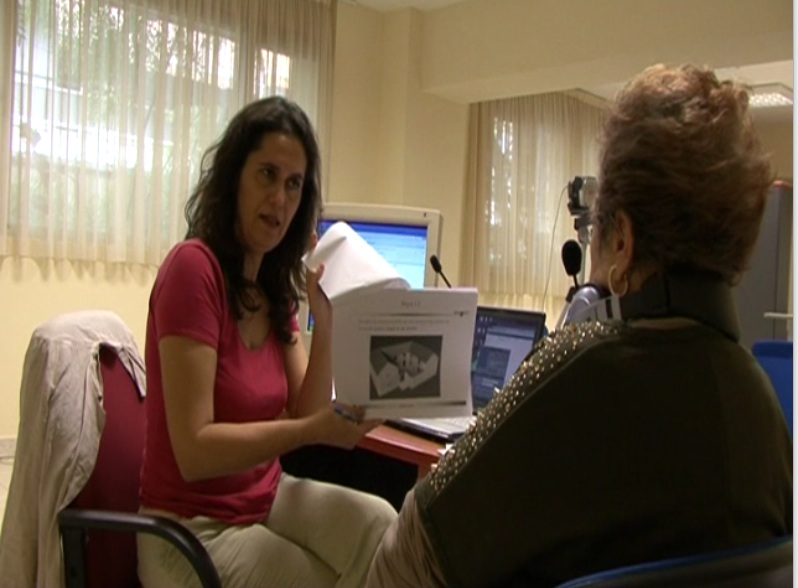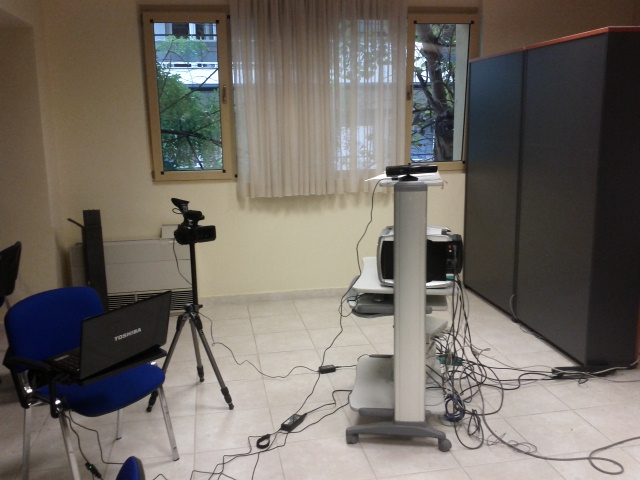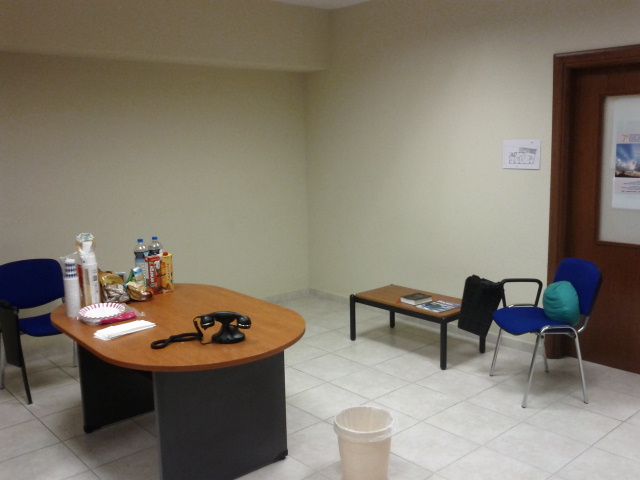Within the framework of Dem@Care and in co-operation with IBM, CERTH and the Greek Association of Alzheimer’s Disease and Related Disorders, audio and video recordings have been performed in Thessaloniki with participants from the Greek Association of Alzheimer’s Disease and Related Disorders
The participants were elderly people at the early stage of dementia, with mild cognitive impairment (MCI) and healthy people with similar age range and demographic attributes.
The aim of the recordings was the collection of audio and video data for the testing of algorithms which will extract vocal biomarkers from audio data and perform recognition of activities of daily living (from video data), in order to enable the early detection and monitoring of dementia.
According to the audio recordings protocol, the participants had to provide a spoken description of two to three emotionally neutral pictures (Fig1), to repeat a series of emotionally neutral sentences, and to repeatedly pronounce certain sounds for a short time for motor function assessment via Diadochokinetic Rate. In the end, the participants were asked to respond to some simple yes/no questions from a standard psychological mood assessment questionnaire (with no personal data), so as to have a measure of their mood associated to the audio recordings. The audio data recordings will be processed by IBM.
Videos of activities of daily living were recorded with an HD camera and a Kinect sensor (Fig. 2, Fig. 3). For these recordings, the participants were asked to perform simple activities of daily life, like preparing and eating a snack, pouring and drinking a glass of water or juice, tidying up, making a phone call and greeting a “grandchild”, in most cases with a hug. Video processing algorithms will be developed to detect and recognize these activities, with the ultimate goal of distinguishing between the capabilities of healthy participants people with cognitive impairment.



